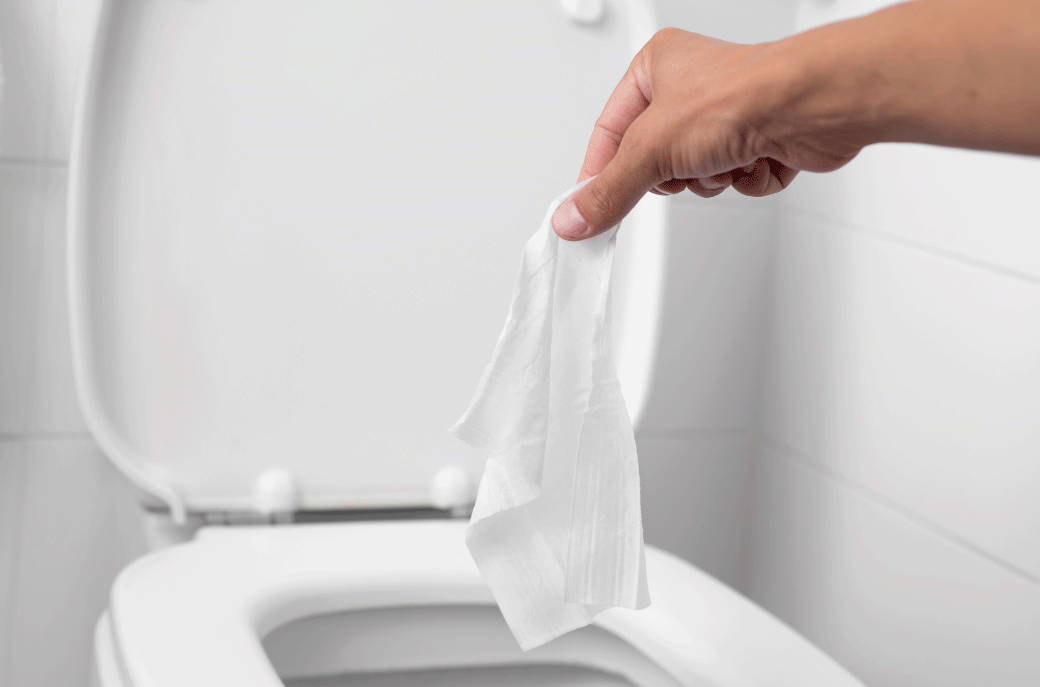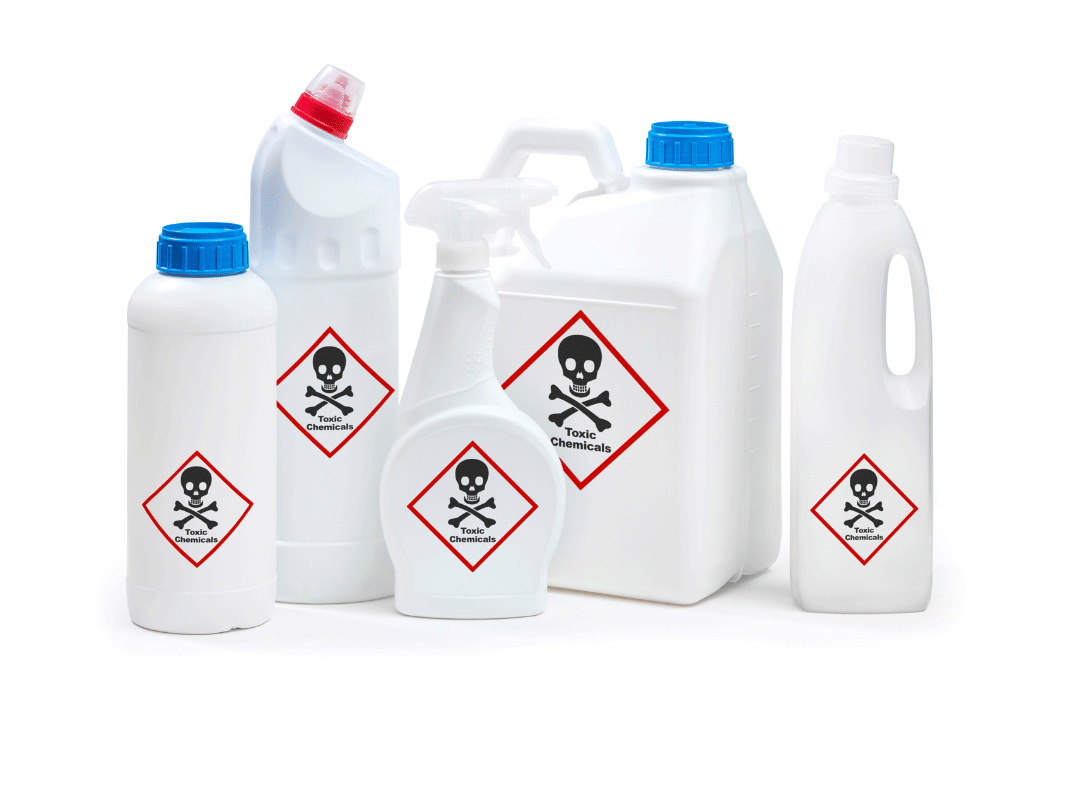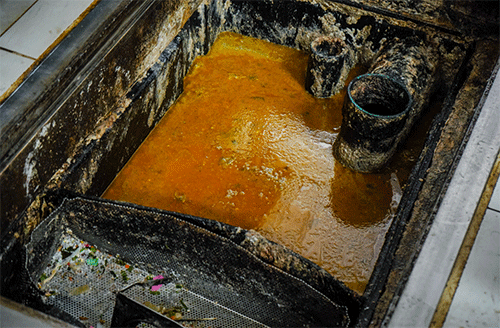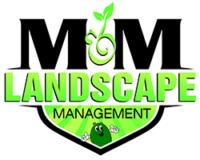
Guarding Your Septic System: Items to Keep Out for Optimal Performance

Guarding Your Septic System: Items to Keep Out for Optimal Performance

Guarding Your Septic System: Items to Keep Out for Optimal Performance
Your septic system is a vital component of your property, responsible for efficiently managing wastewater. To ensure the longevity and optimal performance of this underground ecosystem, it’s crucial to be mindful of what goes into your septic tank. Certain items, when introduced into the system, can disrupt the natural processes, leading to clogs, backups, and potential damage. In this article, we explore the items you should keep out of your septic tank to maintain a healthy and functional wastewater management system.
1. Non-Biodegradable Products:
One of the golden rules for septic system care is to avoid flushing or draining non-biodegradable items. Items like baby wipes, sanitary napkins, paper towels, and cotton swabs don’t break down easily and can accumulate in the septic tank, leading to blockages and reduced system efficiency.
2. Grease and Cooking Oils:
Pouring grease and cooking oils down the drain may seem harmless, but in reality, it can be detrimental to your septic system. Grease solidifies over time, forming a thick layer that hinders the natural breakdown of waste in the tank. Opt for alternative methods of disposal, such as collecting grease in a container and disposing of it in the trash.
3. Harsh Chemicals:
Harsh household chemicals, such as bleach, drain cleaners, and strong disinfectants, can disrupt the balance of beneficial bacteria in the septic tank. These bacteria play a crucial role in breaking down organic matter. Using septic-safe products helps maintain a healthy bacterial environment and ensures the proper functioning of the system.
4. Prescription Medications:
Flushing prescription medications down the toilet is not only harmful to the environment but can also impact the microbial balance in your septic tank. It’s recommended to dispose of medications through proper channels, such as local take-back programs, to prevent potential contamination.
5. Coffee Grounds:
While coffee itself is generally safe for septic systems, coffee grounds can accumulate in the tank and contribute to clogs. Dispose of coffee grounds in the trash or consider composting them instead.
6. Excessive Water:
While not a physical item, excessive water usage can strain your septic system. Overloading the tank with large volumes of water can flush out essential bacteria and lead to inefficient waste breakdown. Be mindful of water usage, fix any leaks promptly, and consider water-efficient appliances.
7. Paints and Solvents:
Household paints, solvents, and other chemicals should never find their way into your septic system. These substances can harm the
microbial balance and may even contaminate the groundwater. Dispose of such items through proper hazardous waste disposal methods.
8. Kitty Litter:
Some cat litters claim to be flushable, but they can still cause issues in septic systems. Many cat litters are made from clay or other materials that do not break down easily. It’s safer to dispose of used cat litter in the trash.
9. Excessive Solid Waste:
While it may seem obvious, it’s essential to limit the amount of solid waste that enters the septic system. Items like dental floss, disposable diapers, and even excessive amounts of toilet paper can contribute to clogs.
10. Plastic and Disposable Items:
Plastic items, such as disposable diapers, tampons, and condoms, should never be flushed into the septic system. These materials do not break down and can cause significant blockages.
In conclusion, maintaining a healthy septic system requires a conscientious approach to waste disposal. By keeping these items out of your septic tank, you contribute to the system’s efficiency, prevent costly repairs, and ensure a clean and sustainable wastewater management process on your property. Regular maintenance and adherence to septic-safe practices will keep your system running smoothly for years to come.
For more information about getting expert septic service for your business, please call M&M Septic Management at (910) 539-6274 or visit our website at https://mmlandscapemanagement.com. We are always ready to answer any questions you may have!
M&M Landscape Management | M&M Septic Management | Jacksonville NC | Onslow County NC | Pender County NC | Eastern North Carolina | Visit our ad at Topsail Coast Advertiser
Give M&M Landscape Management a call at (910) 539-6274 for more information about Landscape Management & Maintenance.
